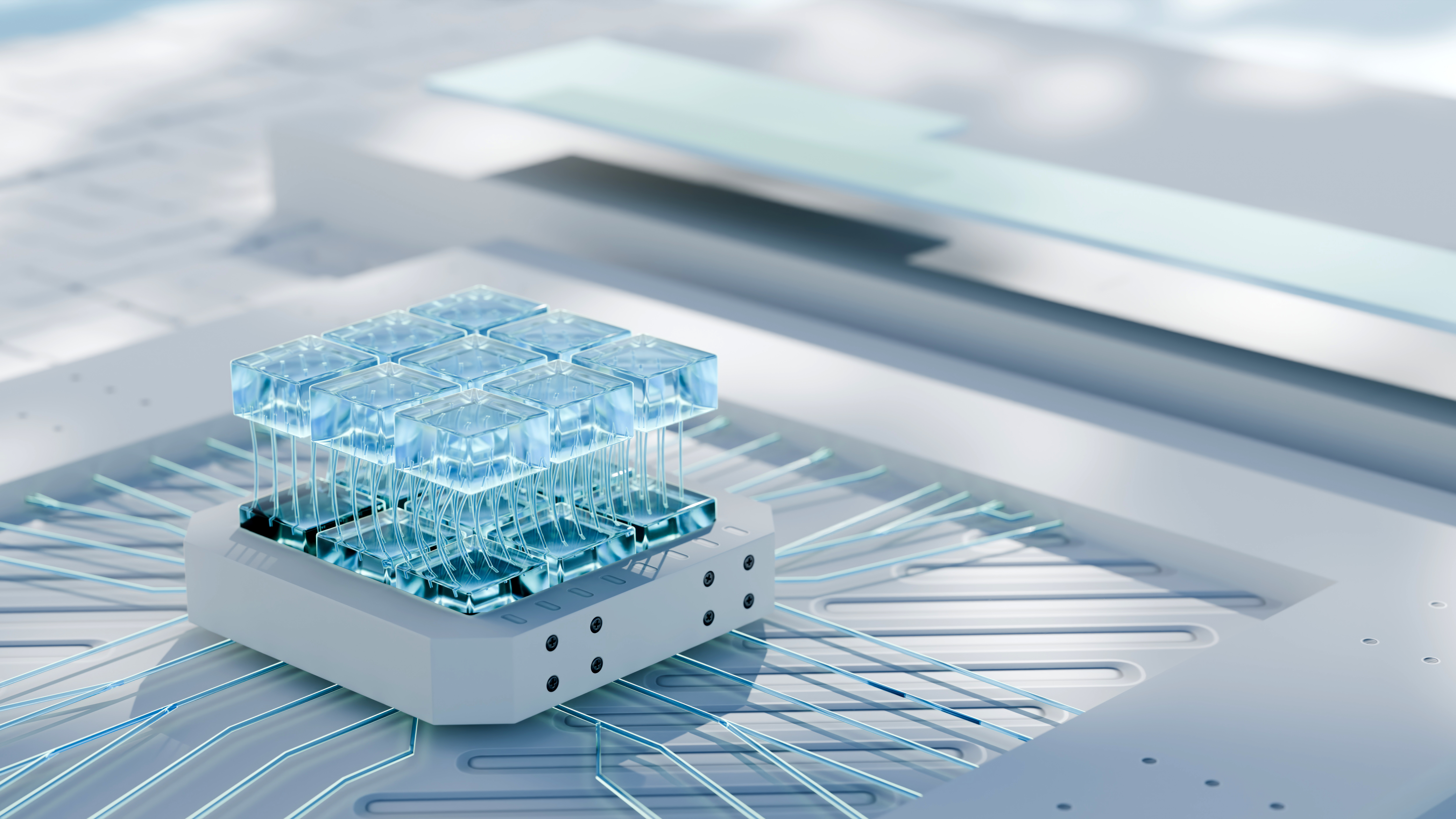
ASML Holding (ASML) has become the indispensable puppeteer of the semiconductor theater. Its EUV lithography machines-those $150 million marvels of engineering-orchestrate the ballet of atoms required to birth the AI revolution. Investors have rewarded this dominance with a stratospheric valuation, treating the Dutch titan as both artist and impresario in the global chipmaking opera. But even the maestro must contend with off-stage chaos.
Herein lies the rub: ASML’s symphony of progress plays against a backdrop of geopolitical thunderstorms, cyclical tremors, and the existential tightrope walk of technological innovation. Three dragons guard this golden hoard, each deserving scrutiny from long-term stewards of capital.
1. Geopolitical Chess: When Governments Play Musical Chairs
ASML’s global supply chain reads like a United Nations guest list-Japanese optics, American vacuum pumps, European sensors. Yet this internationalism has become a double-edged sword. The Dutch government, under Washington’s baton, has turned export controls into a recurring performance piece. China, ASML’s would-be patron accounting for 25% of 2025 sales projections, now faces velvet-rope restrictions.
Beijing’s response? A state-funded crash course in lithography, because nothing says “innovation” like bureaucrats playing mad scientists. Will they replicate ASML’s mastery? Perhaps not tomorrow-but in the world of semiconductor timelines, tomorrow is an eternity. The risk here isn’t annihilation; it’s gradual erosion, like a diamond cutter facing a determined apprentice with unlimited chalk.
2. Customer Concentration: A Tightrope Walk with Billion-Dollar Partners
Two clients-call them TSMC and Samsung-prop up 31% of ASML’s revenue. This isn’t diversification; it’s a high-stakes poker game where the table shakes with every chipmaker’s whim. When demand cools, orders delay faster than a bureaucrat avoiding responsibility. The AI boom? A temporary fortissimo in a symphony with recurring intermissions.
Consider the paradox: ASML’s moat deepens with technological complexity, yet its quarterly fate dances to the capital expenditure tango of three semiconductor oligarchs. Overbuilding capacity today means production cutbacks tomorrow-a cycle as predictable as Soviet five-year plans failing to meet quotas.
3. The High-NA Tightrope: When $400M Machines Stumble
The next-gen high-NA EUV machines aren’t mere upgrades-they’re cathedral projects requiring 450 suppliers to perform in perfect unison. A single misstep turns this orchestra into a cacophony: delays ripple through order books, performance glitches sour client appetites, and R&D costs balloon like a hyperinflationary ruble.
Here’s the dirty secret: each new generation of lithography demands exponentially more brainpower and cash. ASML’s engineers may be modern-day Da Vincis, but even they face limits. Should high-NA adoption stall, margins could shrink faster than a sanctioned oligarch’s offshore portfolio.
Investor Alchemy: Balancing Wits and Woes
ASML remains the gatekeeper of Moore’s Law, a company where engineers wield more influence than generals. Yet investing in such a colossus requires the wisdom of Solomon and the nerves of a bomb defuser. Geopolitical whims, cyclical tantrums, and technological brinkmanship aren’t bugs-they’re features of the franchise.
The path forward? Monitor Beijing’s chipmaking apprenticeship like a hawk, dissect TSMC’s CapEx announcements like a Commissar reviewing quotas, and scrutinize ASML’s delivery timelines with the suspicion of a customs officer at a border crossing. Hold the stock not as a lottery ticket, but as a chess piece in humanity’s grandest tech gambit. 🎩🚀
Read More
- Gold Rate Forecast
- Top 15 Insanely Popular Android Games
- 4 Reasons to Buy Interactive Brokers Stock Like There’s No Tomorrow
- Did Alan Cumming Reveal Comic-Accurate Costume for AVENGERS: DOOMSDAY?
- EUR UAH PREDICTION
- Silver Rate Forecast
- DOT PREDICTION. DOT cryptocurrency
- ELESTRALS AWAKENED Blends Mythology and POKÉMON (Exclusive Look)
- Core Scientific’s Merger Meltdown: A Gogolian Tale
- New ‘Donkey Kong’ Movie Reportedly in the Works with Possible Release Date
2025-10-16 23:03